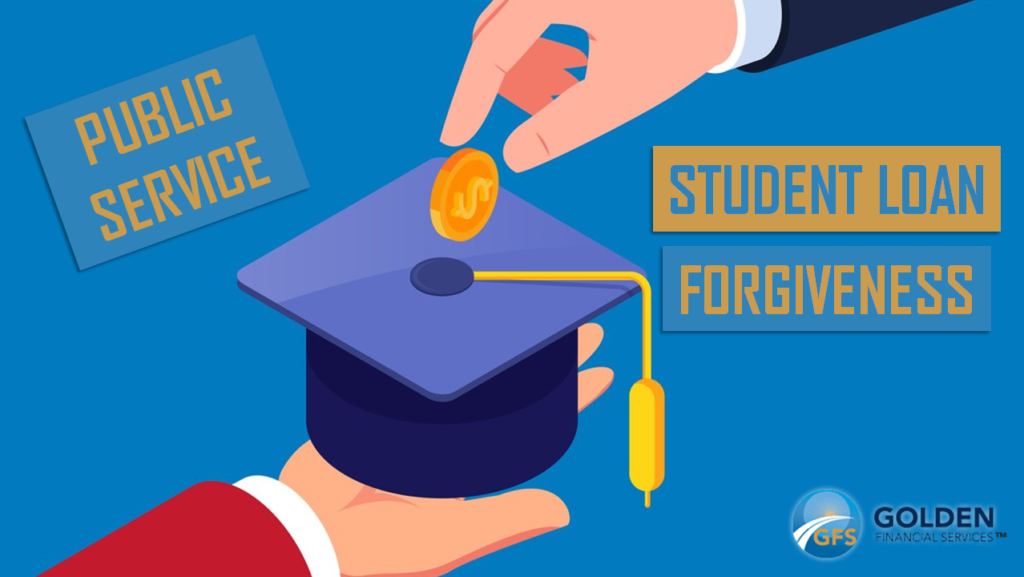Understanding The Credit Score Effects Of Delinquent Student Loans

Table of Contents
How Delinquent Student Loans Impact Your Credit Score
A delinquent student loan significantly harms your credit score. When you miss a payment, your loan servicer reports this delinquency to the three major credit bureaus: Equifax, Experian, and TransUnion. This negative information becomes part of your credit report, impacting your creditworthiness.
- Delinquency Reporting to Credit Bureaus: Even a single missed payment triggers a negative mark. The longer the delinquency persists, the more severe the impact.
- Impact on FICO Score and Other Credit Scoring Models: Your FICO score, the most widely used credit scoring model, is directly affected by delinquent accounts. Other scoring models also consider this negative information, making it harder to obtain loans, credit cards, or even rent an apartment.
- Length of Time Negative Marks Remain on Your Credit Report: Negative marks from delinquent student loans typically remain on your credit report for seven years from the date of delinquency. This long-lasting impact emphasizes the importance of addressing delinquent loans promptly.
- The Severity of the Delinquency (30, 60, 90+ days past due): The longer you're behind on payments, the worse the damage to your credit score. A 30-day delinquency is less severe than a 90+ day delinquency, which can lead to your loan going into default.
Types of Delinquency and Their Severity
Delinquency is categorized based on the number of days your payment is past due. Each level carries a different weight in terms of credit score impact:
- 30-day delinquency: This is the initial stage of delinquency. While it negatively impacts your credit score, there's still a good chance for recovery if you bring your account current quickly.
- 60-day delinquency: A 60-day delinquency represents a more serious problem. The negative impact on your credit score is more significant, and recovery becomes more challenging.
- 90+ day delinquency: A 90+ day delinquency is considered severe. This significantly damages your credit score and often leads to your loan being sent to collections. For federal student loans, this could lead to wage garnishment or tax refund offset. Private student loans may have even stricter consequences.
- Impact of default on federal and private student loans: Defaulting on student loans has severe long-term consequences, including damage to your credit score, potential wage garnishment, and difficulty obtaining future loans or credit.
Recovering from Delinquent Student Loans
Recovering from delinquent student loans requires proactive steps and a commitment to improving your financial situation.
- Contacting your loan servicer for repayment options: Explore options like deferment, forbearance, or income-driven repayment plans (IDR) to temporarily lower your monthly payments or pause them altogether.
- Debt consolidation or refinancing options: Consolidating multiple student loans into one or refinancing at a lower interest rate can simplify payments and potentially lower your monthly expenses.
- Credit counseling and debt management programs: Credit counseling agencies can provide guidance on budgeting, debt management, and creating a repayment plan.
- Monitoring your credit report regularly for accuracy: Regularly check your credit report from all three major credit bureaus for errors and to track your progress.
- The importance of consistent on-time payments after resolving delinquency: Once you've addressed the delinquency, maintaining consistent on-time payments is crucial for rebuilding your credit score.
Preventing Delinquent Student Loans
Proactive steps can significantly reduce the risk of student loan delinquency.
- Creating a realistic repayment budget: Develop a budget that accounts for all your expenses and allocates sufficient funds for your student loan payments.
- Exploring income-driven repayment plans: IDR plans adjust your monthly payments based on your income and family size, making them more manageable.
- Understanding your loan terms and repayment options: Familiarize yourself with your loan's terms, interest rate, repayment schedule, and available options.
- Setting up automatic payments: Automating your payments helps ensure timely payments and avoids late fees.
- Communicating with your loan servicer if facing financial hardship: Don't hesitate to contact your loan servicer if you anticipate difficulty making payments. They may be able to offer assistance or alternative repayment options.
Conclusion:
Delinquent student loans severely impact credit scores, potentially hindering your financial future. However, by understanding the severity of delinquency, utilizing available repayment options, and proactively managing your finances, you can mitigate the damage and facilitate recovery. Don't let delinquent student loans derail your financial future. Take control of your student loan debt today by exploring repayment options and proactively managing your finances. Understanding the impact of delinquent student loans is the first step toward securing a brighter financial tomorrow.

Featured Posts
-
 Scho Vidomo Pro Oleksiy Poroshenka V 2024 Rotsi
May 17, 2025
Scho Vidomo Pro Oleksiy Poroshenka V 2024 Rotsi
May 17, 2025 -
 Andor Season 2 Trailer Release Date A Comprehensive Guide
May 17, 2025
Andor Season 2 Trailer Release Date A Comprehensive Guide
May 17, 2025 -
 Save With Uber One New Membership Program In Kenya
May 17, 2025
Save With Uber One New Membership Program In Kenya
May 17, 2025 -
 Ny Knicks Vs Brooklyn Nets Where To Watch The Nba Game On April 13 2025
May 17, 2025
Ny Knicks Vs Brooklyn Nets Where To Watch The Nba Game On April 13 2025
May 17, 2025 -
 Former Lynx Player Signs With Golden State Valkyries
May 17, 2025
Former Lynx Player Signs With Golden State Valkyries
May 17, 2025
